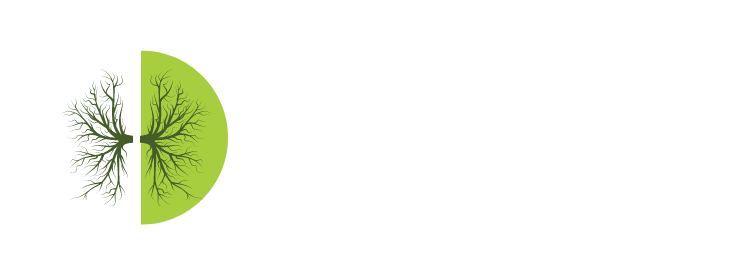Mold Illness
Did you know that approximately 1 in 4 buildings have had water damage? Mold does not always grow visibly on substances, or produce a musty smell; it can hide behind walls, or counters, or floors, and invisibly affect your health.
Personally, I have suffered through at least three mold exposures in my life including one early on when I was 6 years old - the same year I developed asthma and allergies. I know what it’s like to feel terrible, yet have no idea of the source. I wish my childhood doctors had asked about mold exposure, as that conversation may have saved me over a decade relying on pharmaceuticals to breathe.
Mold illness can devastate certain people. The truth is that water damage or intrusion in the home, car, or workplace can drive mold growth, which then leads to molds producing and releasing damaging toxins called mycotoxins. These mycotoxins are nasty, and can penetrate your skin, get into your sinuses and gut, and cause all sorts of problems in the body.
Some people suffer with brain fog, balance issues, debilitating fatigue, vision problems, chronic sinus infections, headaches, cough, insomnia, nervous system disorders, anxiety or depression, and the list goes on and on. Others get diagnosed with Lyme disease, or MS, or depression, when mold is driving their symptoms and keeping them sick.
The number one treatment for mold exposure is to immediately get out of that toxic environment. Once you’ve identified the source of the mold growth, and either moved out or remediated the moldy area, then the damage caused by the mold and mycotoxins can be addressed. If you are still living in a moldy place, your health may not improve no matter what mold supportive treatment you do.
As a foundation, I help patients get over their mold illness by recommending treatments that facilitate the removal of mold from the body (i.e. detoxification), support tissues and organ systems that have been damaged, and work on “re-training” the immune system. I typically use a combination of natural and conventional medicines to facilitate this process.
Here are some common testing methods to determine mold burden in the body:
Mymycolab - blood test for mycotoxin IgE and IgG antibodies.
Real Time Labs or Great Plains Labs - urine test for mycotoxins.
Microbiology Dx. This is a nasal swab recommended if there is sinus involvement.

